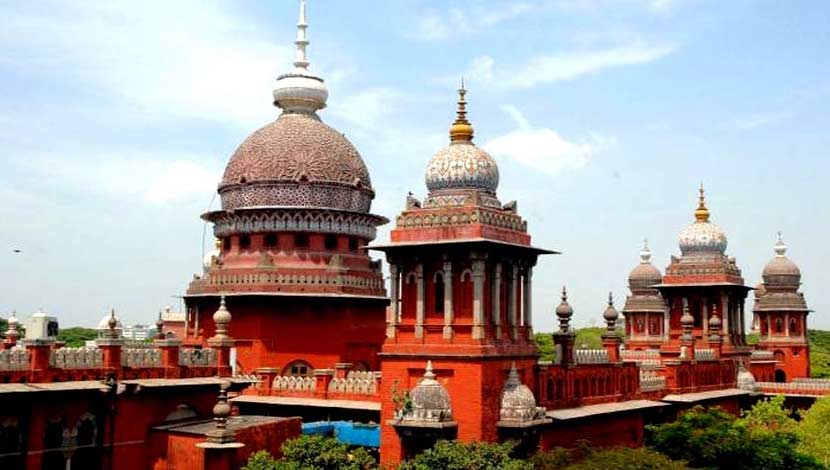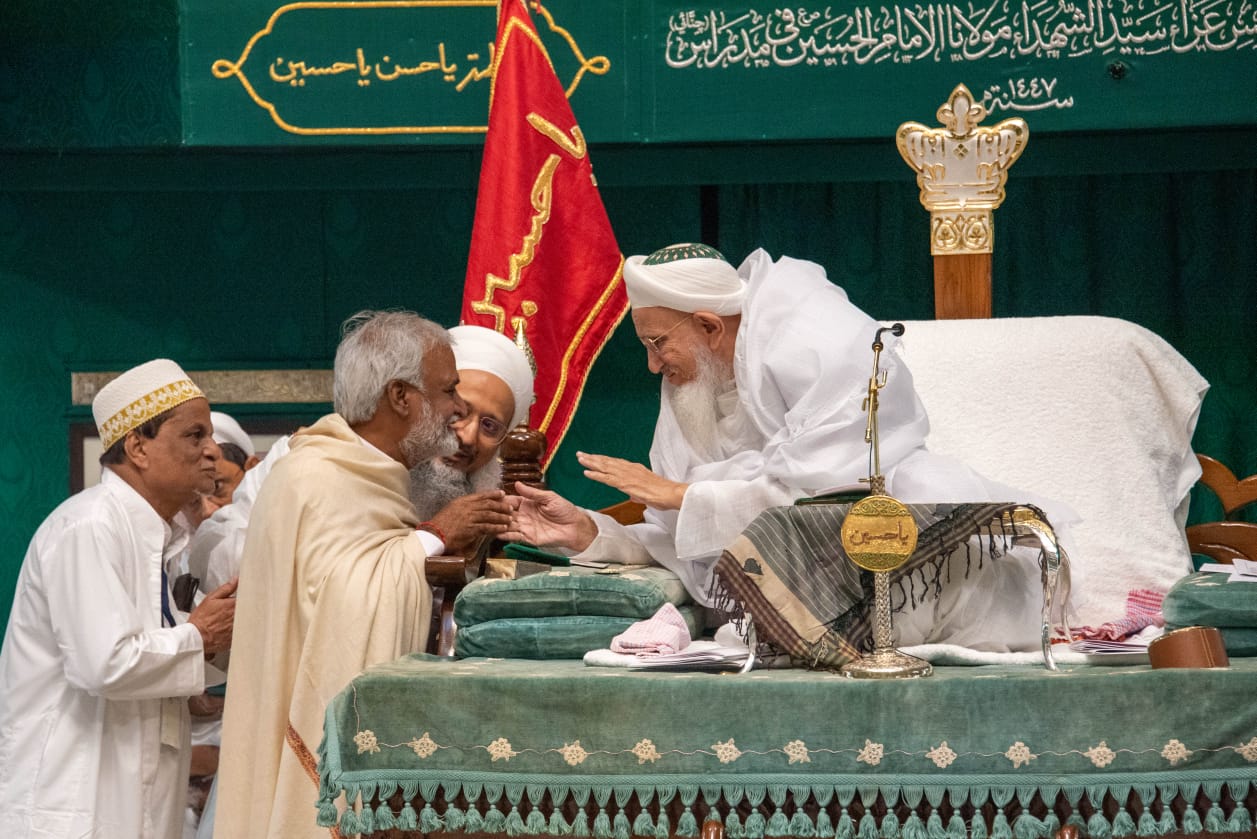Trending Now
- “If Edappadi Palaniswami permits, a thousand young members from the Virudhunagar district AIADMK are prepared to take up arms and engage in battle under my command.” – Former AIADMK Minister Rajendra Balaji
- “India is ready to deal with any counter-attack by Pakistan” – Wing Commander Vyomika Singh
- Central govt orders extension of CBI Director Praveen Sood’s tenure for another year
Tamilnadu News
Major setback Kiran Bedi: Madras High court quashes central government order on Puducherry Lt Governor’s powers
![]() April 30, 2019
April 30, 2019
The Madras High Court on Tuesday ruled that the Lt Governor of Puducherry does not have any powers to interfere or act independently on service matters, in a major boost to the Chief Minister V Narayansamy.
The Madras High Court order is a major setback to the Lt Governor Kiran Bedi who has been having a running turf battle ever since her arrival four years ago with Narayansamy and insisted that she had all the powers to run the administration as she wished. However, the Madurai Bench of the Madras High Court ruled that she does not have the to interfere with the day to day activities of the Union Territory government.”
In fact, Kiran Bedi had been summoning officials, convening review meetings and holding up government decisions made by the elected CM and his ministers. She took the stand that the central government had issued the necessary orders empowering her, which was challenged by the chief minister.
“The elected government has all the powers in service matters,” the High Court said in the ruling. The LG has no powers to interfere or act independently but by advise of the council of ministers, the court said clarifying the situation as it existed as per law of the land.
The Madras High Court also quashed the Centre’s 2017 order on LG’s power, using which Kiran Bedi was creating trouble for the elected government headed by the Congress.
Chief Minister Narayansamy, who had been a minister in PMO for several years, had cited the rule book as also laws to question the central government order that he described as faulty and challenged in the court.
In public speeches and media interviews, Narayansamy had maintained that he was in the right and said the Constitution empowered the elected governments and not the Lt Governor.
The High Court order also makes it clear that the Lt Governor cannot seek files of the government. The order came in response to a writ petition filed by the Puducherry Cpngress MLA Lakshminarayanan in 2017 questioning Puducherry Lieutenant Governor’s (L-G) powers to interfere in day-to-day administration of the union territory despite the presence of a council of ministers.
























